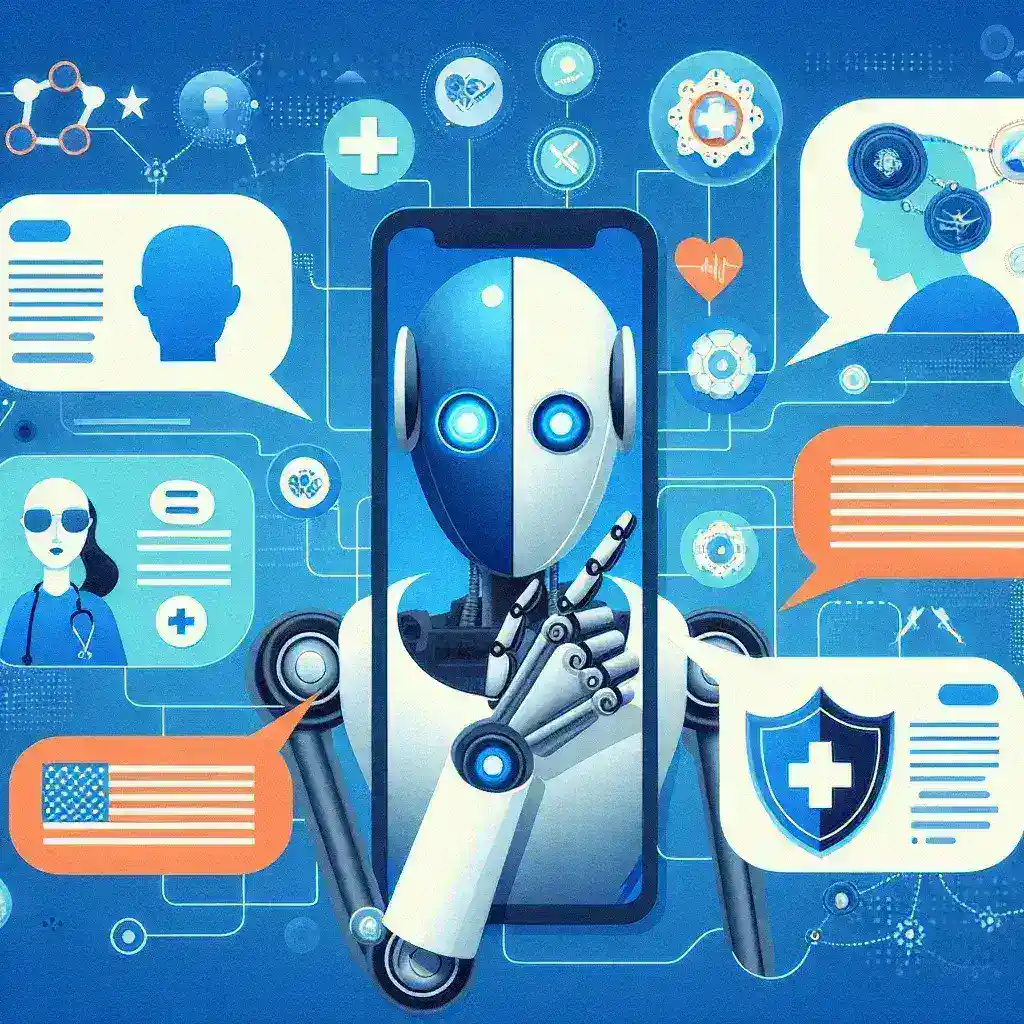Grok Chatbot: Revolutionizing Healthcare and National Security
Introduction
The advent of Artificial Intelligence has ushered in an era of innovation across various sectors, with chatbots at the forefront. Among these, the Grok chatbot has gained attention for its potential deployment in critical areas such as healthcare and national security. This article delves into the implications, advantages, and future of Grok in these pivotal contexts.
Understanding Grok Chatbot
Grok is an advanced AI-driven chatbot designed to facilitate seamless interactions between systems and users. With its ability to learn and adapt, Grok presents opportunities for enhancing operational efficiency, especially in environments that demand rapid and accurate responses.
The Role of Grok in Healthcare
In the healthcare sector, Grok’s deployment can significantly improve patient care and administrative processes. Here are some key areas where Grok can be effectively utilized:
- Patient Interaction: Grok can handle patient inquiries, schedule appointments, and provide information regarding treatment protocols, making healthcare more accessible.
- Data Management: The chatbot can assist in managing patient records, ensuring data accuracy, and reducing the administrative burden on healthcare professionals.
- Telehealth Support: With the growing trend of telemedicine, Grok can facilitate virtual consultations, guiding patients through the process and collecting necessary information.
Benefits of Grok in Healthcare
Integrating Grok into healthcare systems offers numerous advantages, such as:
- Enhanced Efficiency: By automating routine tasks, healthcare professionals can focus on delivering quality care.
- Improved Patient Experience: Quick responses and personalized interactions can lead to higher patient satisfaction.
- Cost Reduction: Automating administrative tasks can lead to significant cost savings for healthcare facilities.
Challenges of Grok in Healthcare
Despite its potential, deploying Grok in healthcare isn’t without challenges:
- Data Privacy: Ensuring the confidentiality and security of patient data is paramount, requiring stringent measures when using AI.
- Integration: Incorporating Grok into existing healthcare systems may require substantial changes and investments.
- Trust Issues: Patients and healthcare providers may be hesitant to rely on AI for critical healthcare decisions.
The Role of Grok in National Security
In national security contexts, Grok’s capabilities can be pivotal for various applications:
- Threat Assessment: The chatbot can analyze vast amounts of data to identify potential threats and risks, providing timely alerts to security personnel.
- Intelligence Gathering: Grok can assist in collecting and processing information from multiple sources, enhancing the decision-making process.
- Emergency Response: In crisis situations, Grok can provide real-time information and support to first responders, improving response times and coordination.
Benefits of Grok in National Security
The integration of Grok in national security frameworks can lead to:
- Increased Operational Efficiency: Automation of routine tasks allows personnel to focus on critical decision-making.
- Enhanced Data Analysis: Grok’s ability to process and analyze large datasets can uncover insights that human analysts might miss.
- Faster Response Times: By providing immediate access to information, Grok can help security teams respond more quickly to incidents.
Challenges of Grok in National Security
However, the deployment of Grok in national security comes with its own set of challenges:
- Ethical Concerns: The use of AI in surveillance and monitoring raises questions about civil liberties and privacy.
- Reliability: Dependence on AI for critical national security decisions requires high levels of accuracy and reliability.
- Public Perception: The integration of AI in security measures may face resistance from the public, necessitating transparent communication about its use.
Historical Context
The evolution of chatbots traces back to the 1960s, with early systems like ELIZA paving the way for future developments. Over the years, advancements in Natural Language Processing (NLP) and machine learning have transformed chatbots into sophisticated tools capable of meaningful interactions. Grok represents the latest iteration in this evolution, leveraging cutting-edge technology to meet contemporary demands in various sectors.
Future Predictions
As we look to the future, the potential for Grok in healthcare and national security appears promising. With ongoing advancements in AI, we can anticipate:
- Greater Personalization: Grok will likely evolve to offer even more tailored experiences for users, enhancing its effectiveness.
- Interoperability: Future iterations of Grok may seamlessly integrate with various systems, improving efficiency across sectors.
- Increased Trust: As Grok’s reliability improves and transparency is prioritized, users may become more comfortable with AI in sensitive areas.
Conclusion
The deployment of the Grok chatbot in healthcare and national security contexts holds significant promise for improving efficiency, enhancing user experiences, and supporting decision-making. However, addressing the challenges associated with its integration is essential for successful implementation. As technology continues to evolve, the future of Grok will undoubtedly be shaped by its ability to adapt, learn, and meet the needs of these critical sectors.

